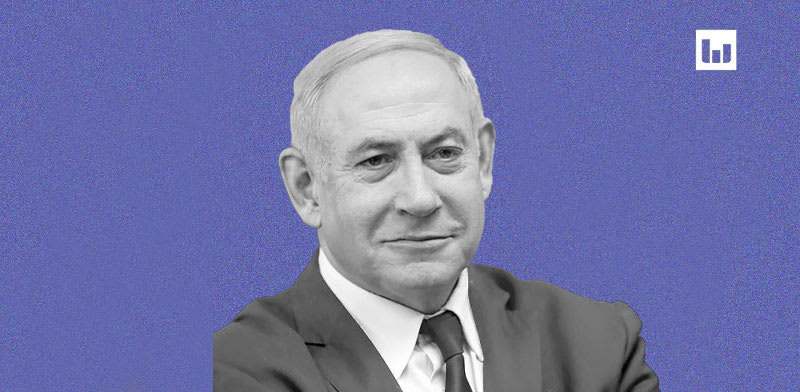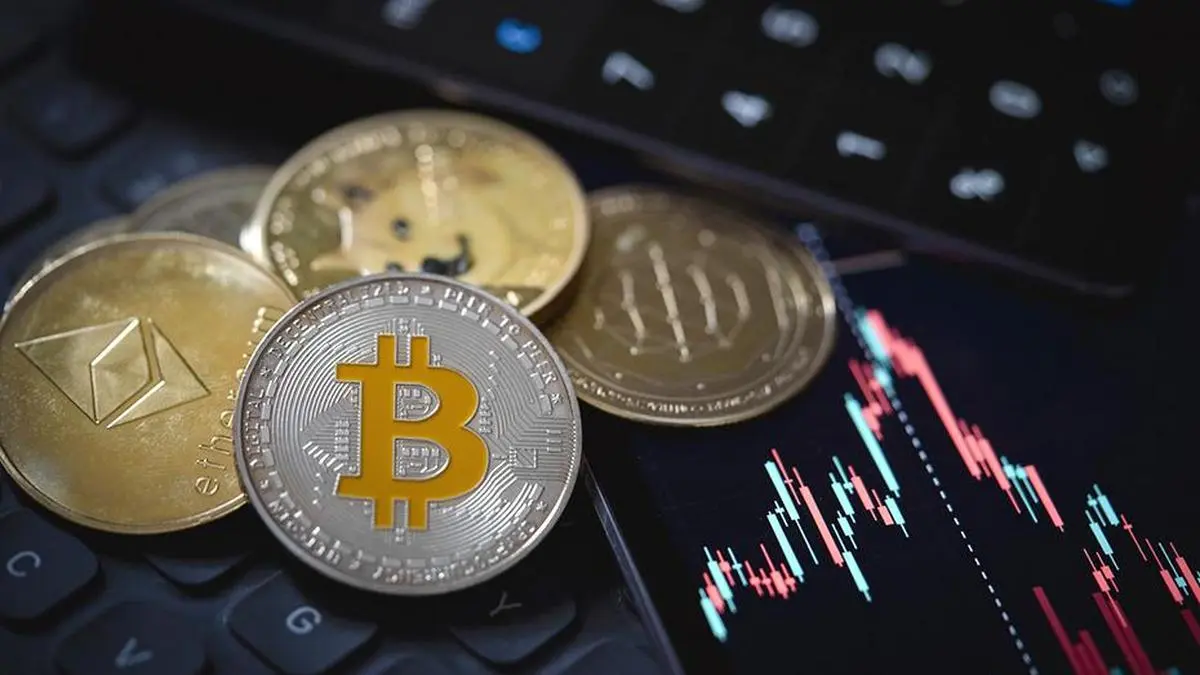(Reuters) -Russia on Saturday suspended participation in a U.N.-brokered Black Sea grain deal after what it said was a major Ukrainian drone attack on its fleet in Crimea, dealing a blow to attempts to ease the global food crisis.
Russia’s defence ministry said Ukraine attacked the Black Sea Fleet near Sevastopol on the annexed Crimean peninsula with 16 drones early on Saturday, and that British navy “specialists” had helped coordinate the “terrorist” attack.
The suspension will cut Ukrainian grain exports from its crucial Black Sea ports.
Russia told U.N. Secretary General Antonio Guterres in a letter, seen by Reuters, that it was suspending the deal for an “indefinite term” because it could not “guarantee safety of civilian ships” travelling under the pact.
Russia has also asked the U.N. Security Council to meet on Monday on the attack, Russia’s Deputy U.N. Ambassador Dmitry Polyanskiy wrote on Twitter.
Britain on Saturday said Russia’s claims, including that British navy personnel blew up the Nord Stream pipelines last month, were false and aimed at distracting attention from Russian military failures.
Russia said it had repelled the attack but that the ships targeted were involved in ensuring the grain corridor out of Ukraine’s Black Sea ports.
Ukrainian President Volodymyr Zelenskiy said Russia’s suspension of the grain export deal requires a strong international response from the United Nations and the Group of 20 major economies.
“This is a completely transparent attempt by Russia to return to the threat of large-scale famine for Africa, for Asia,” Zelenskiy said in a video address.
Ukraine’s Foreign Minister Dmytro Kuleba said Moscow was using a false pretext to sink the deal.
“I call on all states to demand Russia to stop its hunger games and recommit to its obligations,” Kuleba said.
The United Nations-brokered deal allows shipments of grain from Ukraine, one of the world’s largest exporters, that the Russian invasion had halted.
In a statement, the European Union said “all parties must refrain from any unilateral action that would imperil” a deal it described as a critical humanitarian effort.
‘HUNGER GAMES’
Since Russia and Ukraine signed the U.N.-backed Black Sea Grain Initiative in Turkey on July 22, more than 9 million tonnes of corn, wheat, sunflower products, barley, rapeseed and soya have been exported.
But ahead of the Nov. 19 expiry of the deal, Russia had repeatedly said that there are serious problems with it.
The United Nations is in contact with Russian authorities about the situation, a U.N. spokesman said.
United Nations aid chief Martin Griffiths said only on Wednesday that he was “relatively optimistic” that the deal would be extended beyond mid-November.
“Although the prices in the Western markets were reduced, Russia did not gain anything from this agreement,” said Turan Oguz, a Turkish defence analyst. “I think the main reason for Russia’s withdrawal is Western indifference towards Russia.”
Just 24 hours before Russia’s move, a spokesman for U.N. Secretary-General Antonio Guterres had appealed to the parties to renew the pact.
“We underline the urgency of doing so to contribute to food security across the world, and to cushion the suffering that this global cost-of-living crisis is inflicting on billions of people,” U.N. spokesperson Stephane Dujarric said.
Russian Agriculture Minister Dmitry Patrushev said Russia was ready to supply up to 500,000 tonnes of grain to poor countries in the next four months for free, with assistance from Turkey, and supplant supplies of Ukrainian grains.
“The Russian Federation is fully prepared to replace Ukrainian grain and deliver supplies at affordable prices to all interested countries,” he said.












